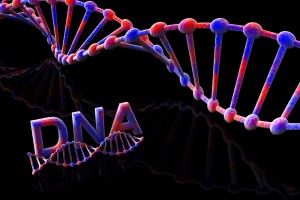 In the past, most people arrested and charged with crimes in Michigan did
not have to give a sample of their DNA to the police. DNA was typically
only required when someone was actually
convicted of a felony (a crime punishable by more than one year of imprisonment).
The most notable exception to this general rule was
Michigan Sex Crimes (First Degree Criminal Sexual Conduct,
Second Degree Criminal Sexual Conduct,
Third Degree Criminal Sexual Conduct,
Fourth Degree Criminal Sexual Conduct, etc.).
In the past, most people arrested and charged with crimes in Michigan did
not have to give a sample of their DNA to the police. DNA was typically
only required when someone was actually
convicted of a felony (a crime punishable by more than one year of imprisonment).
The most notable exception to this general rule was
Michigan Sex Crimes (First Degree Criminal Sexual Conduct,
Second Degree Criminal Sexual Conduct,
Third Degree Criminal Sexual Conduct,
Fourth Degree Criminal Sexual Conduct, etc.).
- Disorderly Person by window peeping, MCL 750.167(c)
- Disorderly Person by engaging in indecent or obscene conduct in public, MCL 750.167(f)
- Disorderly Person by loitering in a house of ill fame or prostitution, MCL 750.167(i)
- Indecent Exposure, MCL 750.335a(1)
- Prostitution (first and second offenses), MCL 750.451
- Leasing a house for purposes of prostitution, MCL 750.454
